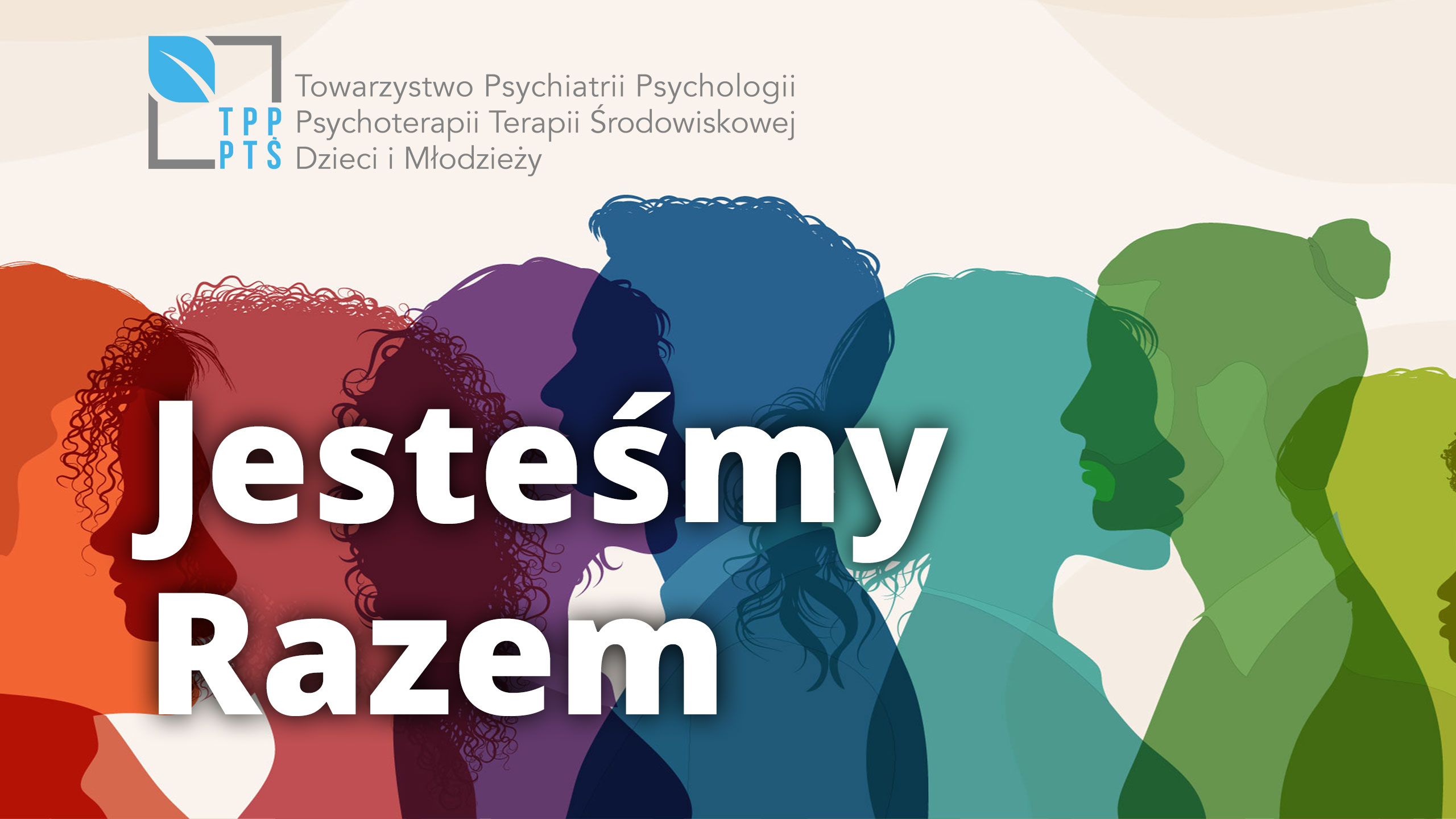Level of thyroid-stimulating hormone in elderly patients with unipolar depression – case–control analysis
 Affiliacja i adres do korespondencji
Affiliacja i adres do korespondencjiAim: Thyroid-stimulating hormone (thyrotropin, TSH) stimulates the thyroid gland to produce metabolism-stimulating hormones (thyroxine and triiodothyronine). Changes in thyroid function can affect mood and trigger mood swings, anxiety or depressive symptoms. The aim of the study was to determine the differences in serum TSH level between elderly patients with unipolar depression and non-depressed elderly patients based on a case–control analysis. Methods: Serum level of TSH was measured in depressed Caucasian in-patients aged ≥60 and age- and sex-matched healthy controls. Results: In depressed patients mean serum TSH levels in the study groups were higher (1.44 ± 1.23 vs. 2.00 ± 1.70 μIU/mL, p < 0.001). TSH levels were lower in depressed than non-depressed women (1.45 ± 1.19 vs. 2.06 ± 1.70 μIU/mL, p < 0.001). The overall rate of being below the low level of TSH (set at 0.8 μIU/mL) was 12.0% for depressed patients and 8.8% for healthy controls. No correlations were found between TSH level and age. Conclusions: Elderly patients (especially women) with depression have decreased TSH levels, and hyperthyroidism may be more frequent in this clinical subpopulation.















